(ECNS) -- Beijing's first group of autonomous minibusses, Apollo Robobus, underwent a first test in Beijing’s Intelligent Connected Vehicle Policy Pilot Zone after receiving licenses on April 28.
The pilot zone, which covers 225 square kilometers in southern Beijing, was recently approved and involves road testing, demonstrations, commercial operation services and roadside infrastructure.
The Robobus, developed by Chinese tech giant Baidu, is a Level-4 mass-produced intelligent connected bus. It achieves autonomous driving by relying on Baidu artificial intelligence, deep learning achievements and autonomous driving technologies, according to insiders from Baidu Apollo.
Level-4 autonomy means that the vehicle can drive autonomously in most conditions without a human driver.
As a driverless bus for public services, each Robobus is equipped with a patrol responsible for ensuring the safety of the vehicle and a bus manager to keep passengers in order.
Before opening to the public, the Robobus is expected to pass a series of tests, including a no-load test, a simulated load test, manned tests and more.
Baidu has been investing in autonomous driving since 2013. Its Apollo is the world's leading open platform for autonomous driving, with more than 210 partners, 55,000 global developers and 700,000 lines of open-source code. The tech giant is also one of several Chinese technology companies that have launched autonomous taxi services for the public.











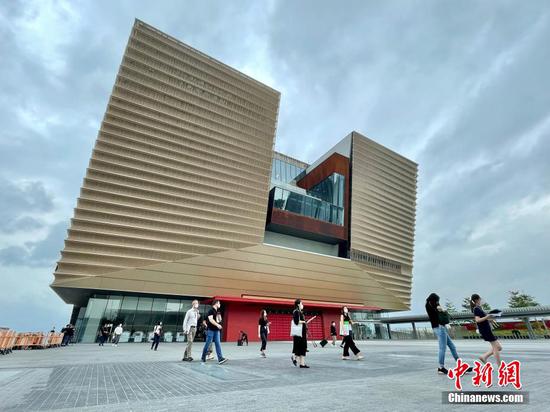





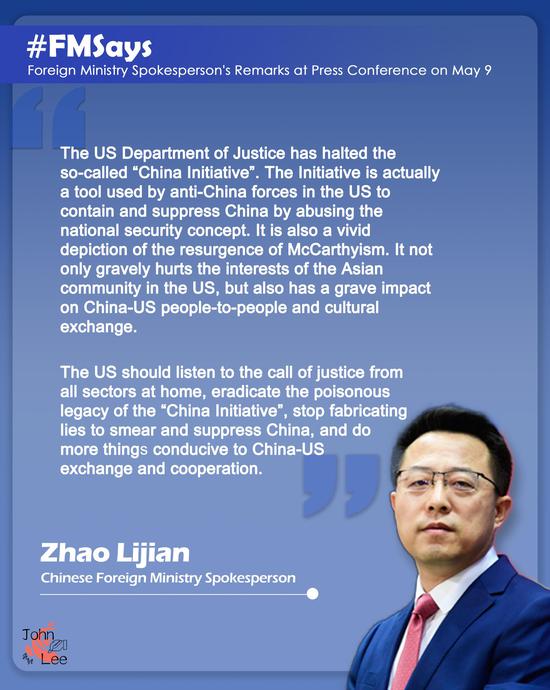




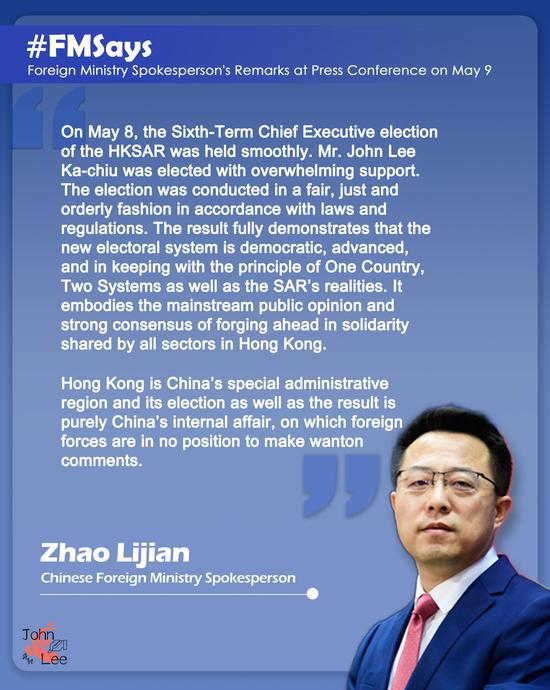
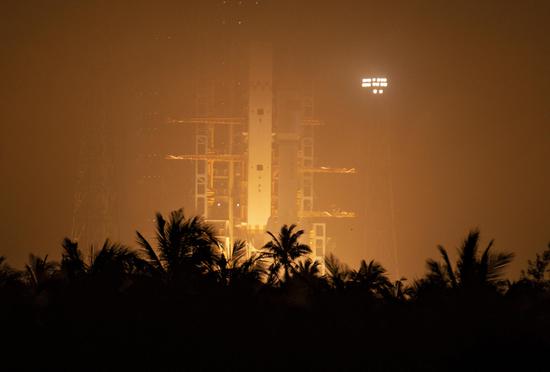




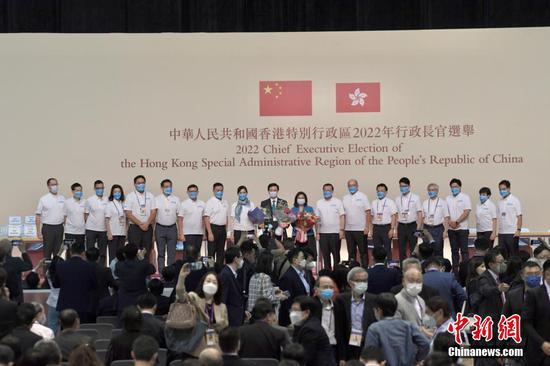
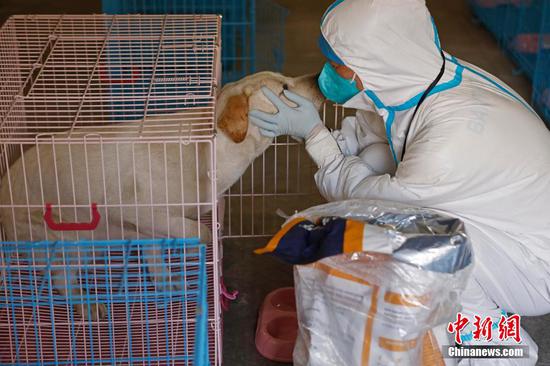
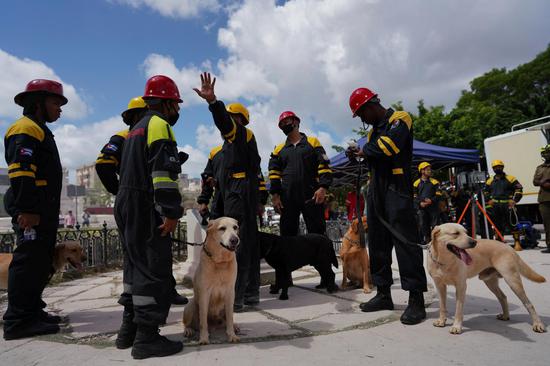











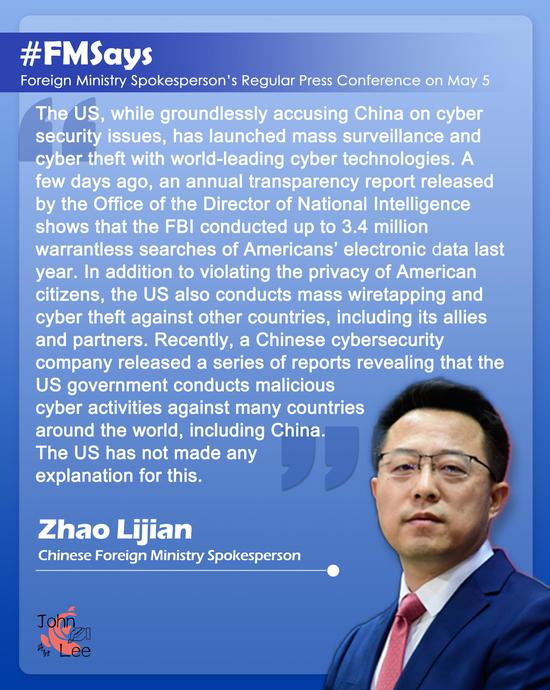
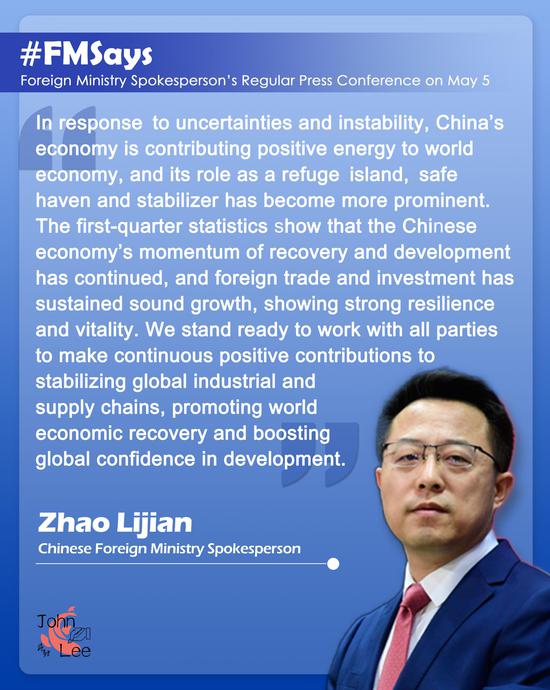






 京公网安备 11010202009201号
京公网安备 11010202009201号